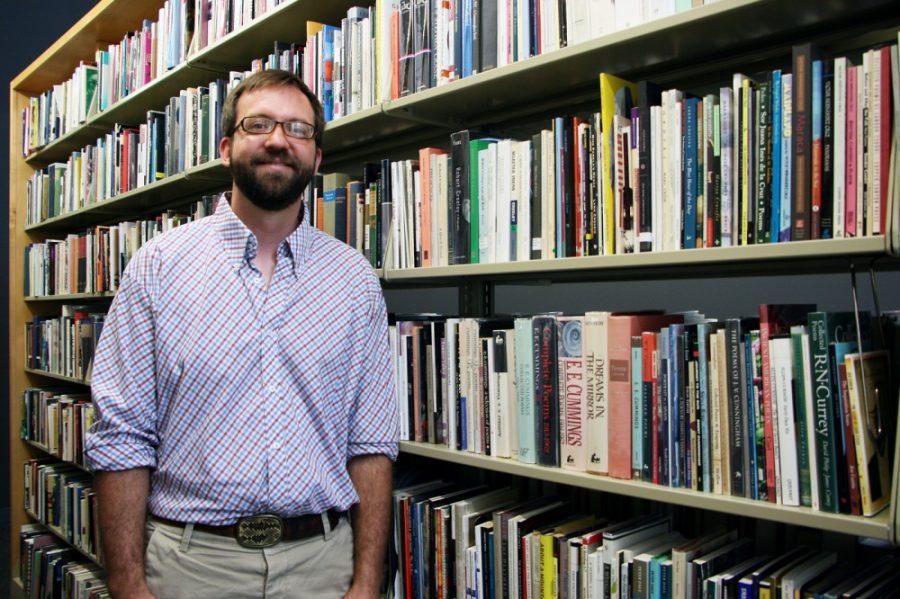Writers Lucy Corin and Susan Steinberg will read from their work at the Poetry Center on Thursday at 7 p.m. in an interplay between poetry and nonfiction.
Steinberg, who has written three collections of short stories and received a National Magazine Award, the Pushcart Prize and a United States Artist Fellowship, teaches English at the University of San Francisco. Corin is the author of two short story collections and has been published in magazines and journals, such as American Short Fiction and Tin House Magazine. She teaches at University of California, Davis.
The reading will be at the Poetry Center, the UA’s own internationally acclaimed poetry library. The Poetry Center has hosted more 1,000 writers for readings or lectures, including Robert Frost, who gave a reading at the dedication of the Poetry Center in 1960.
“This year, we’ve collaborated extensively with the Prose Series,” said Tyler Meier, executive director of the Poetry Center. “The events are blurring the line and distinction of what might confidently be called a prose reading and what might confidently be called a poetry reading. [Corin and Steinberg] are working at the edges of where those distinctions are typically drawn.”
Corin’s writing, particularly in her recent 2013 collection, “One Hundred Apocalypses and Other Apocalypses,” uses humor and creativity to explore subject matters from grocery shopping past “pyramids of newfangled soup” to the “cul-de-sac in the cosmos between the news and the body.” Her writing blends day-to-day commonalities with the poetic hopes or fears behind them. Her thoughts about the world and the structure of her writing combine the real with the surreal. Flipping through her book, one will see short stories varying from experimental formats to written columns, as in the pieces “Wanting” and “Questions in Significantly Smaller Font,” in which she fills 32 lines of white space with questions in a smaller font than the majority of the collection.
Both Corin and Steinberg play with how their work is structured and printed.
“At the Poetry Center, we’re trying to open up possibilities of how people come to enjoy the written word in an opportunity to explore the aesthetic possibilities of language,” Meier said.
Steinberg’s writing from her 2013 collection of short stories, “Spectacle,” is also structured nontraditionally. The effect is that the essays’ meaning is delivered through both in both content and layout. Her piece “Underfed,” for example, begins with a semicolon and continues as a single sentence connected through semicolons and commas. It ends as it began: with a semicolon. Steinberg’s pieces are witty and confessional and often ends with poetic reflections.
“I don’t think anyone will struggle to be entertained,” Meier said. “This will be an adventurous reading and one that will show a range in the possibilities of language.”









